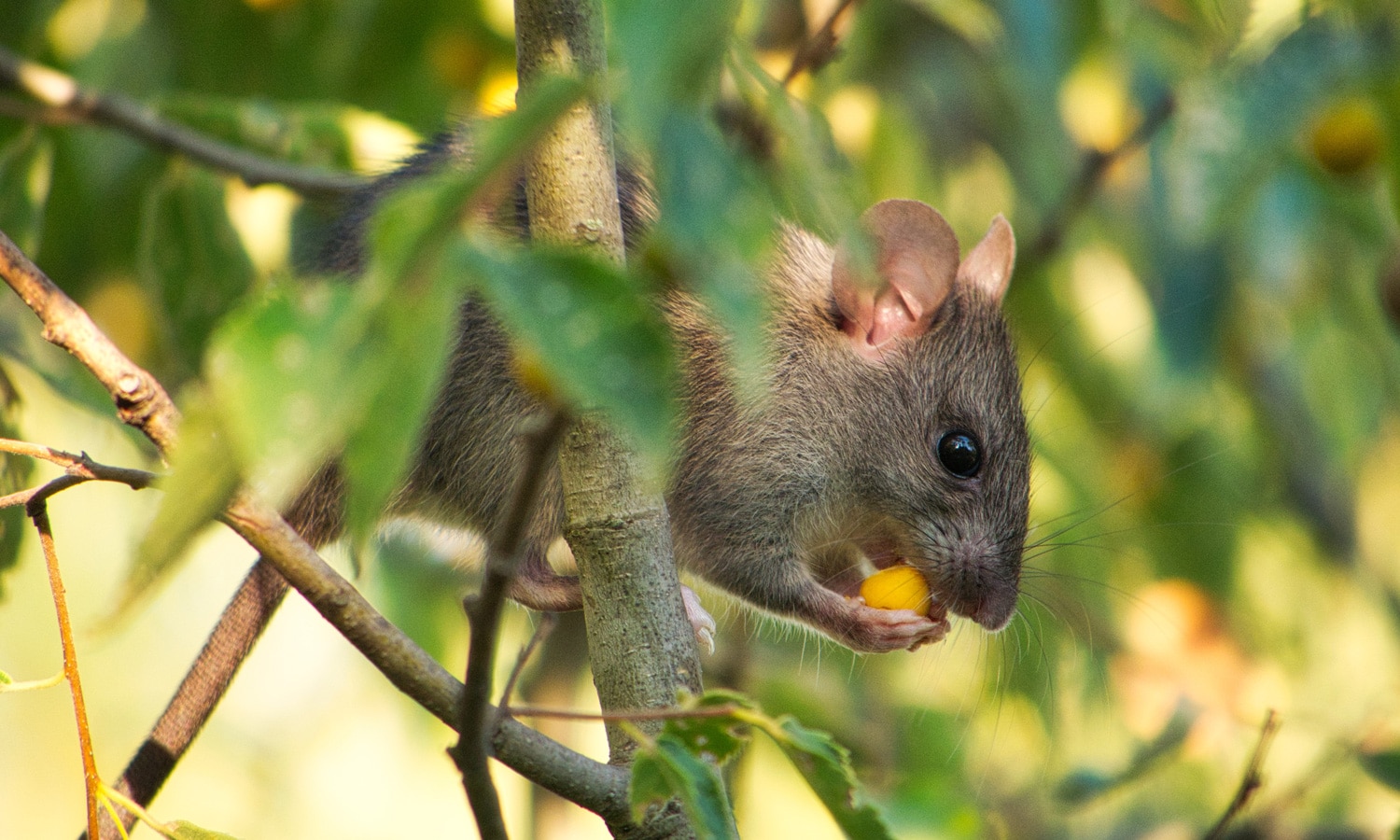Mice are social creatures, and can have the same reactions as humans when exposed to substances such as marijuana.
The problem with complete cannabis lab research is that it’s still illegal at the federal level in the U.S.. Any meaningful research in the U.S. with marijuana focuses on CBD and other cannabinoids, and not THC.
But other countries where there are no restrictions on marijuana are exploring lab research using mice. And some of the recent results are astounding.
Why mice?
Approximately 95% of all laboratory animals are mice and rats, used in some of the world’s most important research. For example, research with mice led to a drug for treating breast cancer that improved long-term survival by 9%.
Mice are anatomically, physiologically, and genetically similar to humans. They are social creatures, and can have the same reactions as humans when exposed to substances such as marijuana.
One study concluded that some genetically-engineered mice could be the best way to research the psychoactive effects of marijuana on humans, including the sense of relaxation and sociability.
Humans and mice share about 95% of their 30,000 genes, and researchers are working on “humanizing” mice to carry human genes, cells, tissues, or organs to further study human diseases and the effects of therapeutic treatments such as cannabis.
Mice reproduce and mature quickly, and only live for about 2 years, making them ideal for measuring a complete lifetime of an animal. As a comparison, lifetime results would take 15-30 years in a dog or a monkey.
RELATED: Understanding The Importance Of Marijuana Studies And Outcomes
The short mice lifespan was key to recent marijuana research that found aging was reversed in mice, with potential applications to treating humans with Alzheimer’s disease and dementia.
A press release about the work of scientists from the University of Bonn and The Hebrew University of Jerusalem (Israel), where there are no government restrictions on using THC for medical research, found that the control mice group showed “pronounced cognitive deficits” even at twelve months of age. The researchers gave the subject mice group a low level of THC at two, twelve and 18 months over a period of four weeks.

What they found was that the 18-month-old control mice showed signs of memory loss, while the 18 month subject mice treated with THC actually maintained their two-month old memory ability.
One of the chief researchers at the University of Bonn, Andreas Zimmer, commented about the results that “it looked as though the THC treatment turned back the molecular clock.”
RELATED: Why Is the DEA Dragging Its Feet To Approve Marijuana Suppliers For Research?
The mice tests results from the University of Bonn/Hebrew University of Israel have encouraged scientists to consider the next step in the investigative process: using human subjects. According to German science minister Svenja Schulze, that will take time. “Although there is a long path from mice to humans, I feel extremely positive about the prospect that THC could be used to treat dementia.”
There’s more to come that could make mice even better animals to use for human marijuana research from the Mutant Mouse Resource and Research Center at the University of Missouri. Their mission is to supply biomedical investigators with the mouse models, embryonic stem cells, related reagents, and protocols they require for their research.


